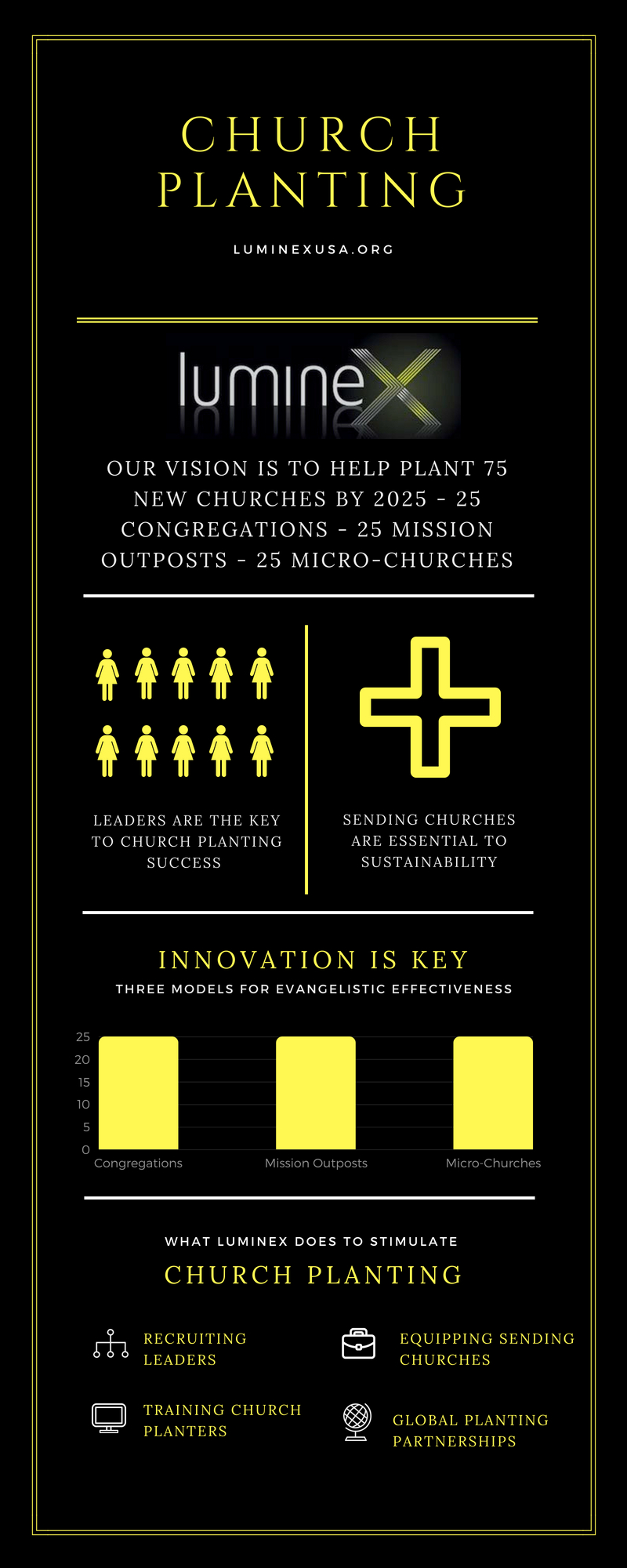Look Into The Amazing Progression Of Catholic Institutions And Their Substantial Duty In Education-- Do Their Customs Use A Pathway To Future Learning?
Look Into The Amazing Progression Of Catholic Institutions And Their Substantial Duty In Education-- Do Their Customs Use A Pathway To Future Learning?
Blog Article
Content Produce By-McCurdy Cleveland
When you think about the background of education, Catholic colleges stand apart for their ingrained traditions and long lasting impact. These organizations began as a means to instill belief and values, however they have actually adapted remarkably over centuries. Today, they play a vital duty fit not simply scholastic success but additionally moral integrity. What's fascinating is how they have actually handled to prosper among transforming social landscapes, raising questions regarding their future relevance and influence.
The Beginnings of Catholic Education: A Historic Perspective
Catholic education and learning traces its roots back over 1,500 years, when very early Christian areas acknowledged the requirement for structured understanding. You'll locate that these areas intended to pass on their belief and worths via education.
Monasteries and cathedral colleges came to be facilities of knowing, nurturing both spiritual and intellectual growth. As https://click4r.com/posts/g/21232673/a-considerable-journey-is-readied-to-unravel-as-catholic-education-inc delve deeper, you'll see that the curriculum often included ideology, theology, and the liberal arts, made to create well-rounded people.
In time, the Church established extra formal organizations, ensuring that education remained available to all. The dedication to training ethical values and fostering a feeling of area has continued with the centuries, shaping the educational landscape and influencing many lives worldwide.
This enduring tradition remains to inspire Catholic education today.
The Evolution of Catholic Colleges Through Social Contexts
As societies developed, so did the role of Catholic schools, adapting to the social contexts in which they existed. In the early years, these institutions focused largely on spiritual instruction, however as communities diversified, they began to integrate regional languages, personalizeds, and educational requirements.
You would certainly see that Catholic institutions usually came to be facilities for social cohesion, fostering a sense of belonging among pupils from various histories. In lots of regions, they attended to societal problems, such as destitution and discrimination, by supplying easily accessible education for all.
As you check out various cultures, you'll see just how Catholic colleges have actually shifted their curricula and teaching methods, mirroring the worths and obstacles of their settings while holding to their foundational objective of confidence and scholastic quality.
The Modern Duty and Impact of Catholic Schools in Society
In today's world, Catholic institutions play an important duty fit not simply the academic landscape, yet also the broader neighborhood.
You'll find that these organizations stress values like regard, empathy, and social justice, promoting well-rounded people that add positively to society. By concentrating on academic excellence and moral development, Catholic schools prepare trainees for future obstacles, supporting important thinking and leadership skills.
They frequently offer diverse populaces, linking gaps in access to quality education and learning. Furthermore, you could discover their commitment to solution, urging students to engage in area outreach and volunteer job.
Elementary Private Christian schools In Grand Traverse County of education and learning and moral guidance makes Catholic schools a substantial force, cultivating accountable citizens who can influence their communities right.
Conclusion
Finally, Catholic schools have an abundant history that's formed their long-lasting influence on society. https://zenwriting.net/kristopher25cristobal/the-significance-of-catholic-education-in-promoting-concern-and-solution have actually seen exactly how they've adjusted to different cultural contexts while keeping a dedication to faith, values, and academic quality. Today, they remain to play an essential function in cultivating area, promoting social justice, and nurturing accountable people. As you assess their heritage, it's clear that Catholic institutions stay an effective force for positive adjustment worldwide.
